| Umělec magazine 2009/2 >> Let´s make money - the film about the crisis | List of all editions. | ||||||||||||
|
|||||||||||||
Let´s make money - the film about the crisisUmělec magazine 2009/201.02.2009 Clemens Foschi | essay | en cs de |
|||||||||||||
|
Erwin Wagenhofer’s Let’s Make Money is a film about the financial crisis that takes a look at the conduct and consequences of worldwide financial transactions. The film came out in September, a successor to his previous documentary We Feed the World, which focused on the globalization of food production.
After three years of research around the globe, Wagenhofer returns to reveal capitalism’s unfettered power and predatory global practices, now normal everyday occurrences in the finance world—a hair-raising reality. This is shown in contrast to the world of the underdog, the majority of the world’s population. And the environment, of course. Just as in his previous film, the message he drives home is that we are all part of the problem. Wagenhofer does with us in the theatre what the market does with us in reality. We’re in the midst of the action—whether we want to be or not. It doesn’t matter if you’re a bank account holder, private pension plan holder or a hobby trader. Capital is injected into the global finance system and it runs its course. The director hangs back and relies upon the impact of photos and testimonies of experts. He interviews bankers and construction workers, farmers and real estate agents, whom he encourages to speak without a filter. He thereby expresses his views through the rhythm of the film cuts and through brief sound bytes. It works. The photos are strongly effective and extremely evocative. There are thousands of examples of this system’s consequences. In developing countries, as well as in Europe, working conditions have been steadily declining for years to the great benefit of share-holder values. The open cynicism presented by finance gurus is also surprising. In the film, the president of Templeton Emerging Markets declares “The best time to buy shares is when blood is sticking to the street.” With the help of World Bank credit, Burkina Faso’s cotton monoculture industry produces cotton for low wages for the world market. The consequences are increasing ground erosion and minimal economic prospects due to the small profit margin. The gold mines in Ghana, also established with World Bank support, are another example. Exactly 3% of the profits stay in the country while the miners work for the lowest of wages and put their health on the line. The film does not spare Europe: we fly soundlessly in a helicopter over a deserted, concrete jungle of slowly rotting vacation homes along the coast of Spain. A “cement tsunami” has swallowed the last of the natural beauty. Investments… The profit rate for real estate companies and banks: a whopping 20%. Three million empty houses and 800 golf courses erected in the desert use as much water as a city of 16 million inhabitants. Maintenance and eventual razing costs fall on taxpayers. But the film doesn’t make the mechanism of the unregulated system perfectly clear. It pictorially conveys the consequences while its success at the box office shows the level of people’s interest today. It’s up to the viewer to decide what they take away from the documentary. As everyone has known since the outbreak of the crisis, not even the banks knew the details of their portfolios. How should private investors grasp the evermore complex structure of the capital market? They also strive for higher yields at the lowest possible risk. Fund brochures offer relatively little information about yields. But everyone knows someone who knows someone who was able to double his investment on the stock market in two years. How can you pass up a work-free income? So you take your money to the bank and let yourself be talked into a commodities certificate, biotech shares or monthly payments into a (state-funded) private pension by a generally clueless bank employee. And you’re already playing along. The evil manifests itself through the quest for maximum yields. This abstract mechanism causes financial pressure, which results in sinking costs of labor and the exploitation of resources and human capital. The Invisible Hand, as Adam Smith would have described, doesn’t take into account social or ecological conditions. Capital is collected from the Haves, free from racism and prejudices, and determines the scenarios and the working conditions of the have-nots. Market regulation would best be handled by the state or, better yet, supranational organizations. The collapse of the bull market impacted “only” losers of globalization—roughly 80% of the world’s population. The film makes this very clear. And now the impact is upon us. Fear of long-term recession, rising unemployment and bankrupt states is widespread. State rescue efforts focus on crippled banking systems. This seems to be essential to guarantee functioning economies. Those who caused the crisis will be rescued using taxpayer money. This may at least result in the opportunity to control banks and finally establish internationally binding regulations for financial markets. But the approach remains focused on national rescue packages without substantial conditions for the affected institutes and markets. This said, the announcement of a bailout of 18 billion dollars for Wall Street bankers for 2008 was announced January 30, 2009. Let’s make money!
01.02.2009
Recommended articles
|
|||||||||||||
|
04.02.2020 10:17
Letošní 50. ročník Art Basel přilákal celkem 93 000 návštěvníků a sběratelů z 80 zemí světa. 290 prémiových galerií představilo umělecká díla od počátku 20. století až po současnost. Hlavní sektor přehlídky, tradičně v prvním patře výstavního prostoru, představil 232 předních galerií z celého světa nabízející umění nejvyšší kvality. Veletrh ukázal vzestupný trend prodeje prostřednictvím galerií jak soukromým sbírkám, tak i institucím. Kromě hlavního veletrhu stály za návštěvu i ty přidružené: Volta, Liste a Photo Basel, k tomu doprovodné programy a výstavy v místních institucích, které kvalitou daleko přesahují hranice města tj. Kunsthalle Basel, Kunstmuseum, Tinguely muzeum nebo Fondation Beyeler.
|







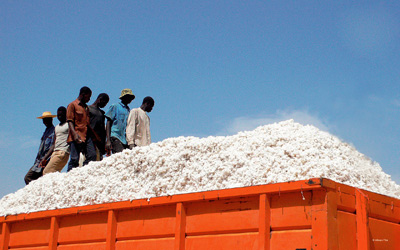



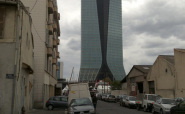
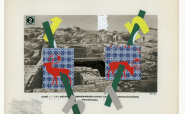
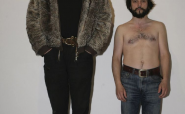
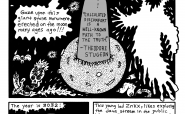
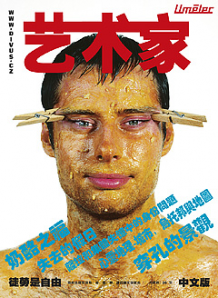






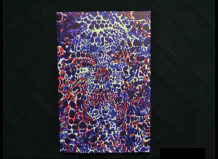




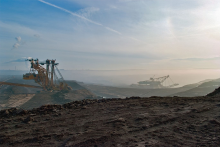
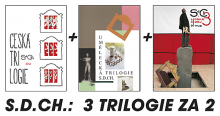
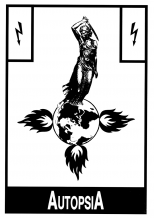
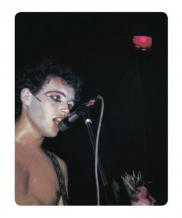


 We Are Rising National Gallery For You! Go to Kyjov by Krásná Lípa no.37.
We Are Rising National Gallery For You! Go to Kyjov by Krásná Lípa no.37.
Comments
There are currently no comments.Add new comment